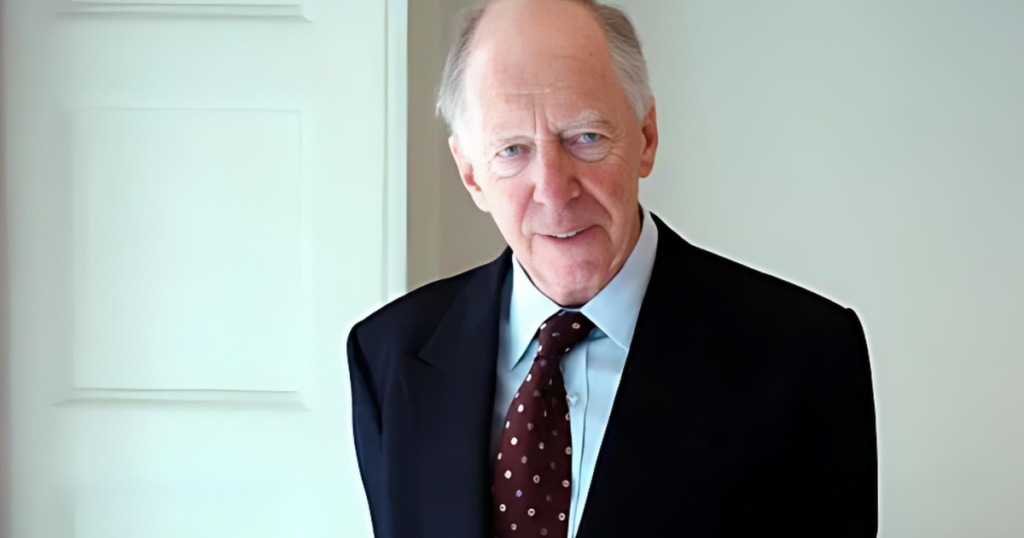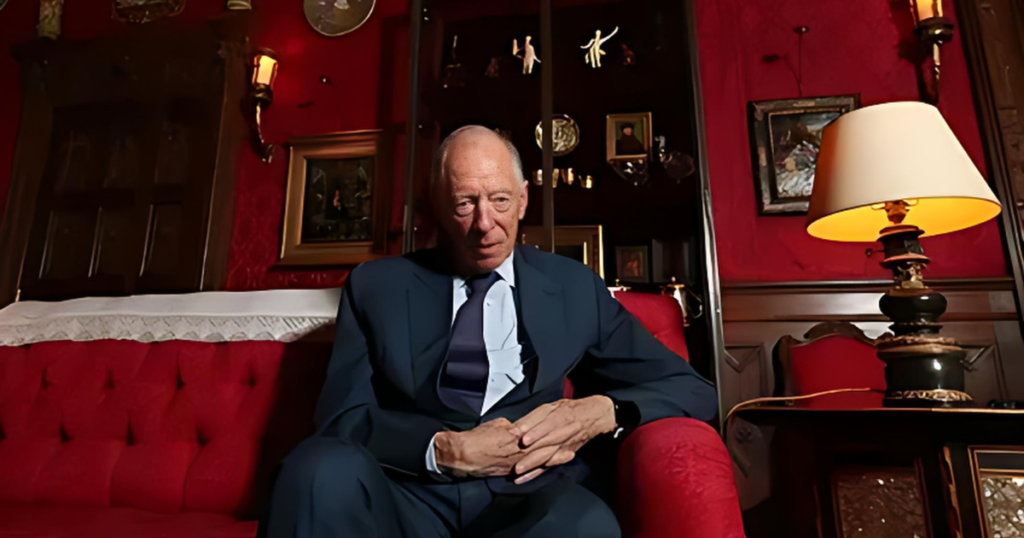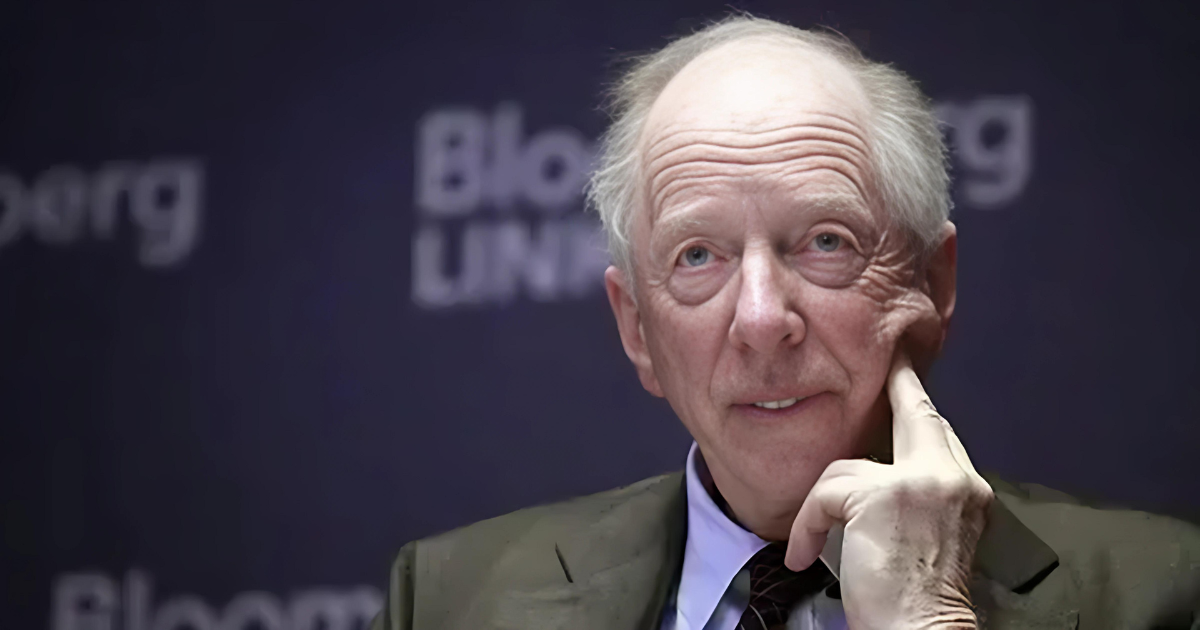Introduction
Jacob Rothschild, 4th Baron Rothschild, was a prominent British peer, investment banker, and a key figure in the renowned Rothschild banking family. Significant contributions to business, finance, and philanthropy marked his life. In this comprehensive article, we delve into the fascinating journey of Jacob Rothschild, exploring his background, career, and enduring impact.
Read More: Digital News Planet.
Early Life and Education

Jacob Rothschild, born on April 29, 1936, at Merton Hall in Cambridge, hailed from a prestigious lineage. His father, Victor Rothschild, 3rd Baron Rothschild, was a scion of the Rothschild banking dynasty. His mother, Barbara Judith Rothschild (née Hutchinson), converted to Orthodox Judaism upon their marriage. Jacob’s upbringing was steeped in tradition, culture, and financial acumen.
Educational Pursuits
Jacob attended Eton College, where he honed his intellect and social connections. Later, at Christ Church, Oxford, he achieved a First in history under the tutelage of the eminent historian Hugh Trevor-Roper. His membership in the Bullingdon Club at Oxford reflected both privilege and ambition.
Business Career and Philanthropy
The Family Bank and Beyond
Jacob Rothschild commenced his professional journey at N M Rothschild & Sons, the family bank in London. However, a family dispute led him to resign in 1980. Undeterred, he controlled Rothschild Investment Trust (now RIT Capital Partners plc), an investment trust on the London Stock Exchange. Simultaneously, he co-founded J. Rothschild Assurance Group (now St. James’s Place plc) with Sir Mark Weinberg.
Unsuccessful Bids and Notable Roles
In 1989, Jacob joined forces with Sir James Goldsmith and Kerry Packer in an unsuccessful bid for British American Tobacco. His chairmanship of RIT Capital Partners plc, one of the largest investment trusts in London, underscored his financial acumen. Additionally, he served as Deputy Chairman of BSkyB Television until his retirement in 2008.
Philanthropic Endeavors
Beyond finance, Jacob Rothschild played a pivotal role in arts philanthropy. He chaired the National Gallery’s Board of Trustees and was actively involved with the National Heritage Memorial Fund. His commitment to charitable causes left an indelible mark on British public life.
Jacob Rothschild’s Legacy
A Life Well Lived
Jacob Rothschild’s passing on February 26, 2024, marked the end of an era. His legacy extends beyond balance sheets and stock exchanges—it encompasses cultural enrichment, social responsibility, and unwavering dedication to making a difference.

Conclusion
Jacob Rothschild’s life exemplifies the intersection of wealth, influence, and benevolence. His name resonates not only in financial circles but also in the halls of culture and compassion. We honor his enduring legacy as we bid farewell to this remarkable figure.
-
1. Who was Jacob Rothschild?
Jacob Rothschild, 4th Baron Rothschild, was a British peer, investment banker, and scion of the Rothschild banking family. His contributions spanned business, finance, and philanthropy.
-
2. What role did he play in the family bank?
Jacob worked at N M Rothschild & Sons before resigning due to a family dispute. He then founded Rothschild Investment Trust and later co-founded J. Rothschild Assurance Group.
-
3. How did he impact arts philanthropy?
Jacob chaired the National Gallery’s Board of Trustees and actively supported the National Heritage Memorial Fund.





